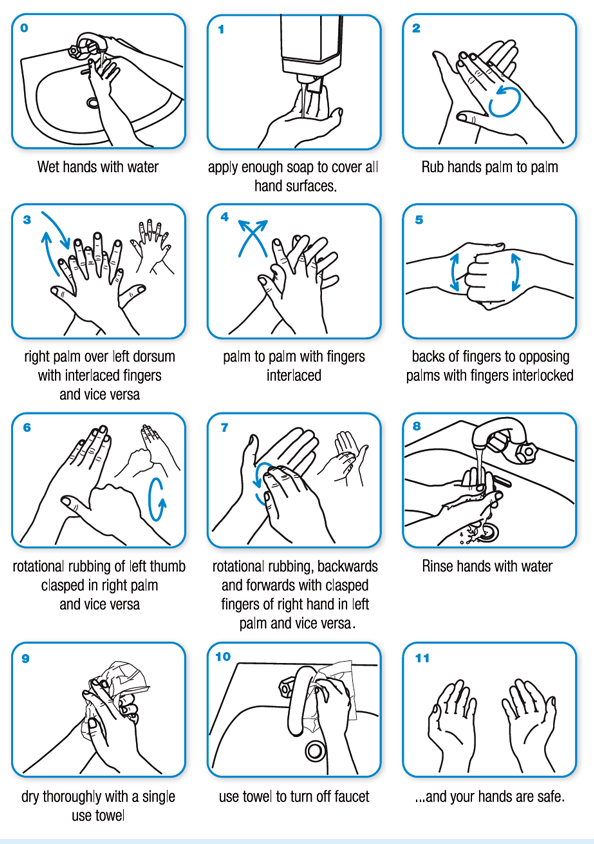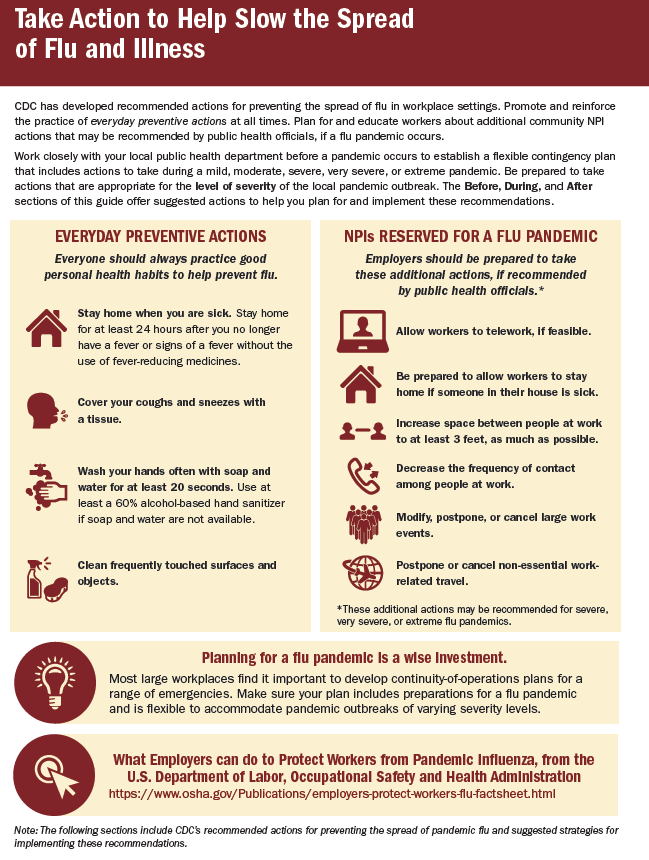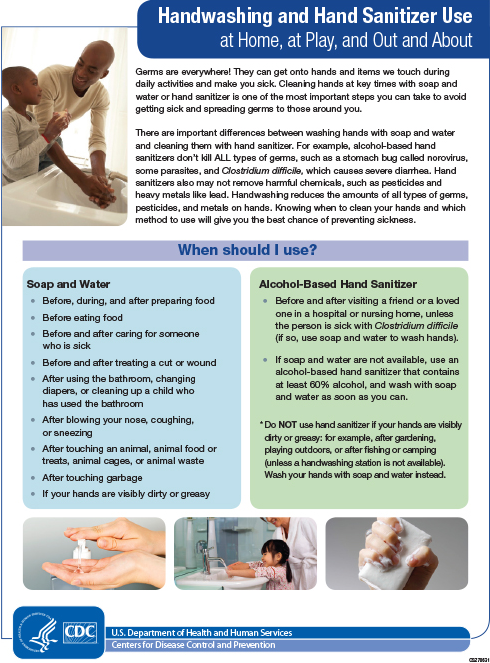Brown Eagle will take all precautions to protect the safety and health of employees, comply with all federal and state health, safety and regulatory requirements. Specifically, Brown Eagle will follow the prevention and treatment information guidelines provided by the Centers for Disease Control and Prevention. Where we provide on-site services, Brown Eagle will follow our clients’ policies and procedures.
Background
Coronaviruses (CoV) are a large family of viruses that cause illness ranging from the common cold to more severe diseases such as Middle East Respiratory Syndrome (MERS-CoV) and Severe Acute Respiratory Syndrome (SARS-CoV). A novel coronavirus (nCoV) is a new strain that has not been previously identified in humans.
Coronaviruses are zoonotic, meaning they are transmitted between animals and people. Several known coronaviruses are circulating in animals that have not yet infected humans.
Common signs of infection include respiratory symptoms, fever, cough, shortness of breath and breathing difficulties. In more severe cases, infection can cause pneumonia, severe acute respiratory syndrome, kidney failure and even death.
Program Administration
Maintaining that production is a core part of Brown Eagle’s business continuity and to the business continuity of our clients, the following practices shall be adhered to. These measures will remain in place until further notice.
Prevention
There is currently no vaccine to prevent coronavirus disease 2019 (COVID-19). The best way to prevent illness is to avoid being exposed to this virus. The CDC recommends the following actions to help prevent the spread of respiratory diseases:
- Avoid close contact with people who are sick.
- Avoid touching your eyes, nose, and mouth.
- Stay home when you are sick.
- Cover your cough or sneeze with a tissue, then throw the tissue in the trash.
- Clean and disinfect frequently touched objects and surfaces using a regular household cleaning spray or wipe.
- Wash your hands often with soap and water for at least 20 seconds, especially after going to the bathroom; before eating; and after blowing your nose, coughing, or sneezing.
- If soap and water are not readily available, an alcohol-based hand sanitizer with at least 60% alcohol can be used. Always wash hands with soap and water if hands are visibly dirty.
- Avoid shaking hands, touching your face, or close contact with people who are sneezing or coughing.
- Practice social distancing by standing at least 6 feet away from a person while holding conversations.
- Facemasks shall be used by people who show symptoms of COVID-19 to help prevent the spread of the disease to others. The use of facemasks is also crucial for health workers and people who are taking care of someone in close settings (at home or in a health care facility).
- Employees shall not come to work if you are sick. Especially if you are experiencing flu-like symptoms with fever of 100.4oF or greater. If you become ill, seek advice from your doctor by phone immediately.
Travel
To minimize the potential spread of the virus, the following business travel policies will be in effect until further notice:
- No business travel to and from primary risk countries. Only business-critical travel will be allowed otherwise.
- As of March 4, 2020, primary risk countries are China, South Korea, Iran and Italy (source: WHO / CDC – this list will be updated as guidance changes)
- Employees that have recently traveled to a primary risk country (business or pleasure), you must self-isolate for 14 days and work virtually if possible.
Meetings or Site Visits
When possible replace Face-to-Face meetings with teleconferencing so that we minimize travel risks as well as exposing the site.
Site Visitors
Site visitors shall be kept to a minimum. All site visitors deemed necessary to conduct regular business only (including vendors, truck drivers, capital project support, consultants, etc.) must be screened prior to gaining entrance to the site to ensure that they do not pose a risk to our employees.
- Visitors will be required to fill out a form stating that they have not traveled to primary risk countries or been exposed to someone who has and that they are not exhibiting flu-like symptoms with fever.
Symptomatic or High-Risk Individuals
People who answer in the affirmative to any question on the questionnaire or who are exhibiting any flu-like symptoms with a fever of 100.4oF shall be deemed high risk. High-risk individuals will be asked to leave the site immediately and not allowed to return until they can provide a negative test for Covid 19.
Further, employees shall not come to work if you are sick. Especially if you are experiencing flu-like symptoms with a fever of 100.4oF or greater.
If you become ill, seek advice from your doctor by phone immediately. Remember to inform your supervisor as soon as possible.




